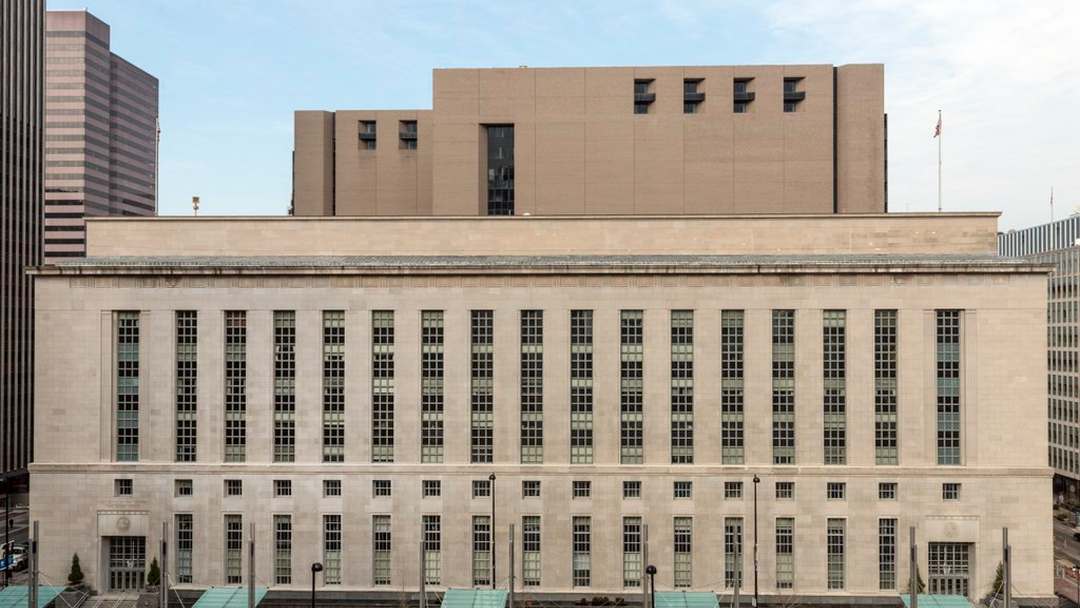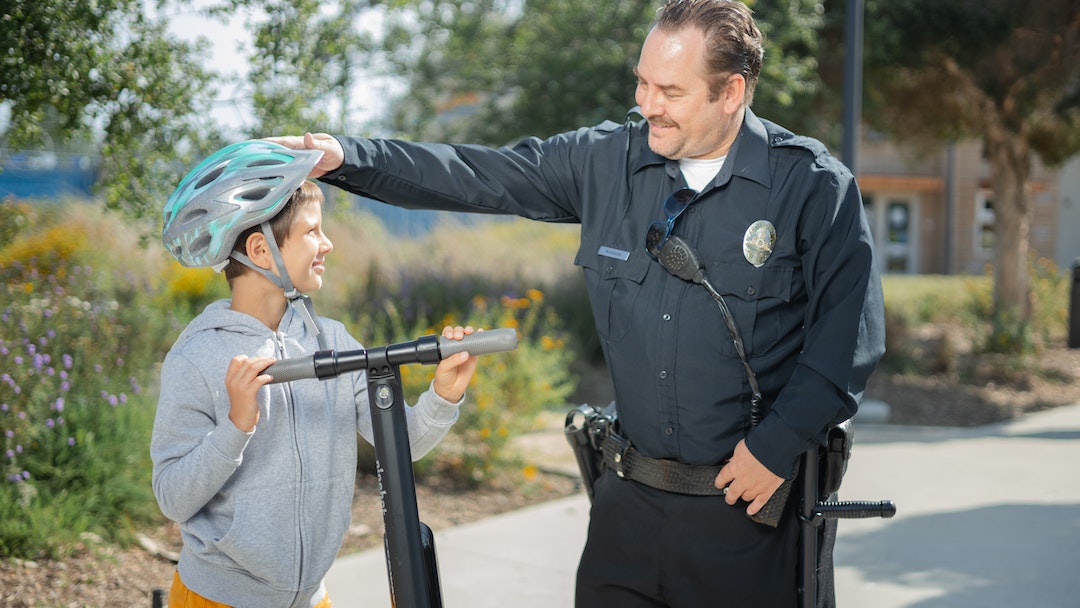Published Michigan Court of Appeals Opinion
Docket No(s) 362161
Lower Court Docket No(s) 2021-000966-FC
Hood, J.
“Crimes are supposed to be defined by the legislature, not by clever prosecutors riffing on equivocal language.”
[*1] “[C]rimes are supposed to be defined by the legislature, not by clever prosecutors riffing on equivocal language.” Dubin v United States, 599 US ___, ___; 143 S Ct 1557, 1572; ___ L Ed 2d ___ (2023) (quotation marks and citation omitted).
At issue here is the equivocal (subject to two or more interpretations and usually used to mislead or confuse) language of the reckless driving statute, MCL 257.626, which prohibits “operat[ing] a vehicle . . . in willful or wanton disregard for the safety of persons or property . . . .” MCL 257.626(2).
The traditional, narrow understanding and application of this statute is that it criminalizes driving in a reckless manner. The prosecution’s novel, expansive reading of this statute would also criminalize the decision to drive a vehicle that is not appropriately maintained due to the risk of potential mechanical failure.
Under this novel prosecution theory, a jury convicted defendant Timothy John Otto for reckless driving causing death, MCL 257.626(4).
The prosecution’s theory was that Otto failed to maintain the truck he was driving and that failure made him criminally liable under MCL 257.626(4)when the truck’s brakes failed while he was driving it, causing a wreck that resulted in a child’s death.
On appeal, Otto argues that he was denied effective assistance of counsel because his trial counsel failed to move to dismiss the reckless-driving charge when the facts of this case— failing to maintain a vehicle and then operating the poorly maintained vehicle—cannot support a [*2] conviction under MCL 257.626(4). 1
We agree. The text and context of MCL 257.626(4), and more broadly the Motor Vehicle Act, MCL 257.1 et seq., do not support the boundless interpretation underpinning the prosecution’s theory and Otto’s conviction.
We vacate his conviction. To hold otherwise would be to allow the prosecution—not the Legislature—to criminalize a wide array of commonplace conduct (such as failing to check your brakes, driving on old tires, and driving on empty) that the Legislature did not intend to outlaw.
FAQ
What is conviction vacated mean?
When a sentence is vacated: It legally annuls the conviction. Vacating a criminal sentence means removing that conviction from a person’s record. The record will then appear as if the person was never charged and convicted of a crime.
Why would a sentence be vacated?
Someone who has their conviction vacated are released from custody under certain conditions, such as a plea bargain being breached, proof of ineffective counsel, court bias, or another similar factor that might have impacted the outcome of the original trial.
Is vacating the same as dismissing?
‘Vacating’ or ‘setting aside’ is used when referring to nullifying a specific judgment from the judge (in this case, a guilty or ‘no contest’ judgment).
‘Dismissing’ applies to the entire case. It means that the case is thrown out for reasons other than its factual merits.
Does vacated mean innocent?
Winning the motion to vacate doesn’t mean that this is the end of the matter. The conviction or sentence is canceled as if it never existed, but the court doesn’t close your case. Instead, the prosecutor then decides whether to drop or pursue the original charges.
More Posts

Learn From Some of the Best Attorneys – Anatomy of a DUI
Anatomy Of A DUI Case: Intake To TrialLearn and work with the most experienced attorneys in the business.What do Michael Komorn, David Rudoi, Bill Maze, Patrick Barone, Jeff Crampton, Aida Spahic, Ed Sternisha and Keeley Blanchard all have in common? A career of OWI...

Court of Appeals Decision Green Light for MMMA Caregivers?
Is a recent court of appeals decision a green light for medical marijuana patients, caregivers+ and regular citizens? If the MRTMA laws trump the public health code it could be...at least punishment wise. Read the COA opinion below. Oh yeah, put aside some funds...

Michigan Court of Appeals Opinion – Ineffective Counsel
Concerns: Ineffective assistance of counsel Failure to move to dismiss a reckless-driving causing death charge The Motor Vehicle Act (MVA) MCL 257.626(4) Whether careless maintenance can satisfy the elements of reckless operation & operation causing death Willful...

MI Democrats: Give driver licenses to undocumented immigrants
“There’s not an apple, blueberry, asparagus, turkey, egg (farm) that this legislation wouldn’t help,” said Rob Steffens

Michigan K-12 students could take medical marijuana to school
Students attending K-12 schools in Michigan would have the opportunity to utilize medical marijuana and CBD-infused products thanks to recently introduced legislation (2023-HIB-5063). The bill, introduced by Democratic representatives in the Michigan House last week,...

SAFER banking act – Acting up again
October 2, 2023 - The Senate Banking Committee's historic vote propels the SAFER Banking Act to the Senate floor, marking a significant milestone. The bill must now navigate the Senate and the House of Representatives before reaching President Biden's desk. Cannabis...

Canadian Study-Cannabis use disorder linked to 60% higher risk
A recent study published in Addiction evaluated the associations of cannabis use disorder (CUD) with cardiovascular disease (CVD) outcomes. Cannabis usage is prevalent among more than 200 million individuals worldwide, and its associated adverse effects carry...

US Court of Appeals 6th – Opinion – Search & Seizure
Kentucky State Police officers searched Edward Lewis’s laptop, cell phone, and thumb drive and found evidence of child pornography. Lewis moved to suppress the evidence, arguing that it was obtained through an unlawful search and seizure of his electronic devices...

Michigan Supreme Court won’t revive Flint water charges
The Michigan Supreme Court Wednesday shot down the state attorney general’s high-profile effort to criminally prosecute seven former public officials for their role in the Flint water crisis. In a series of orders, the court left in place lower court dismissals of the...

Probation and Sentencing Law Changes in Michigan
Recently, Michigan implemented significant reforms in their criminal justice system, impacting both misdemeanor and felony sentencing as well as probation.

